#Lauren Greenfield
Explore tagged Tumblr posts
Text

Greenfield Daragh, Former Real Estate Developer, Photo by Lauren Greenfield, 2016
17 notes
·
View notes
Text
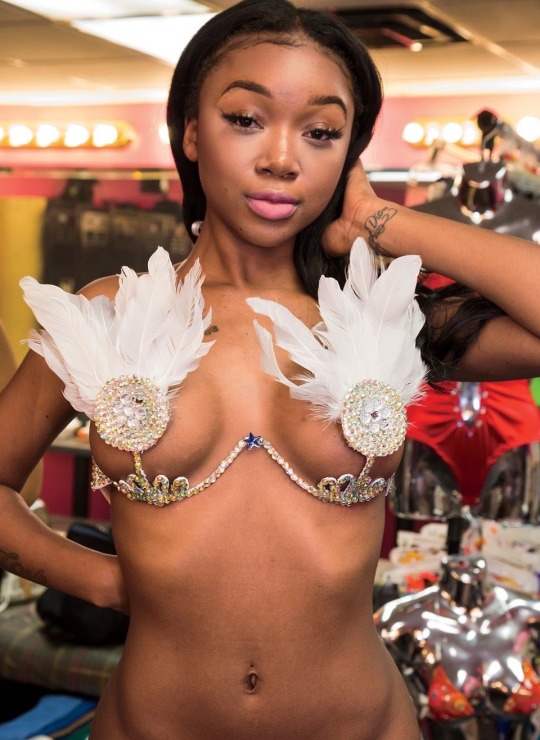








magic city. photographed by lauren greenfield. 2O15. originally posted this in September, but reposted for quality reasons. check tha archive.
13 notes
·
View notes
Text
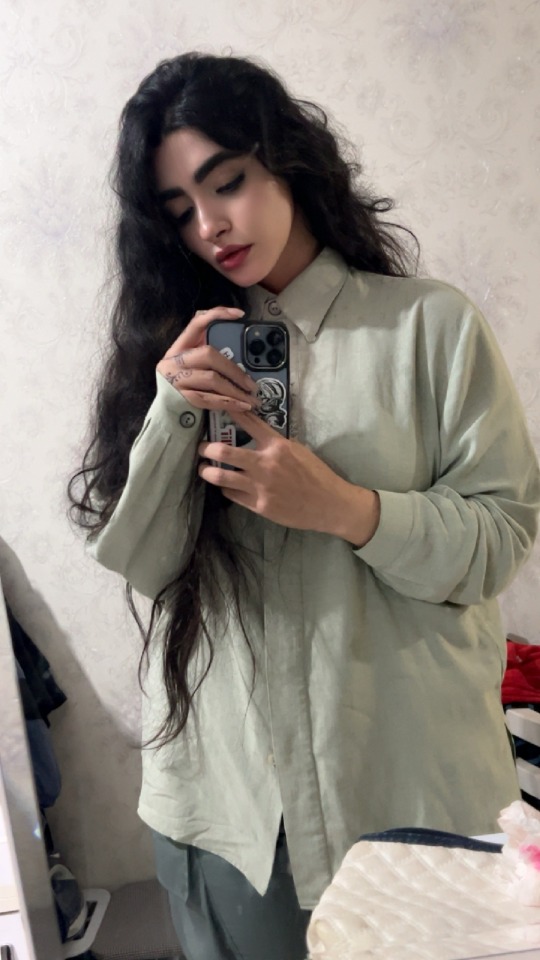
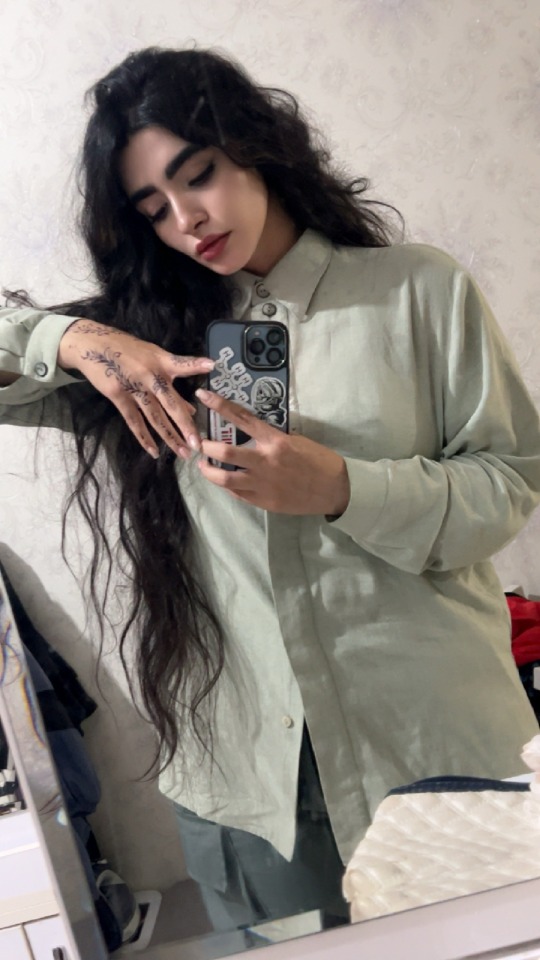
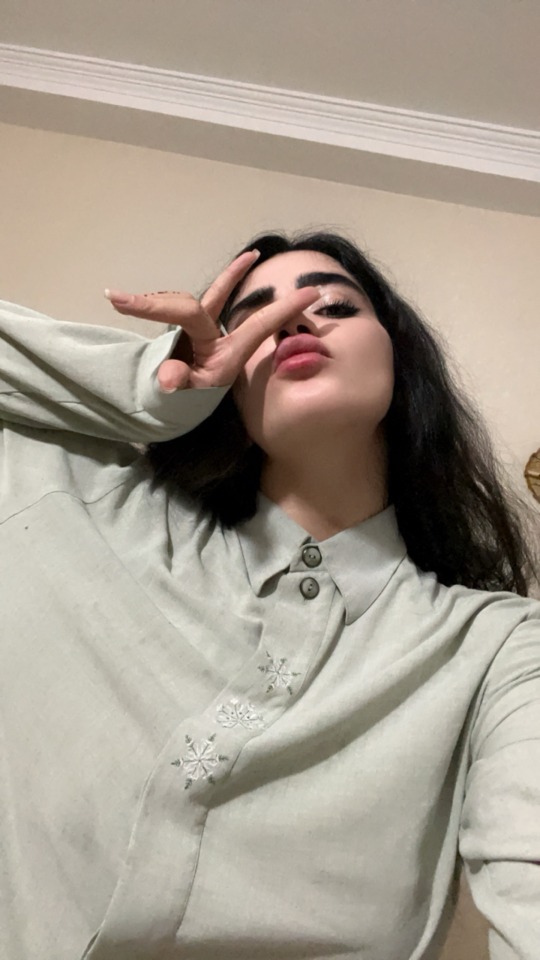
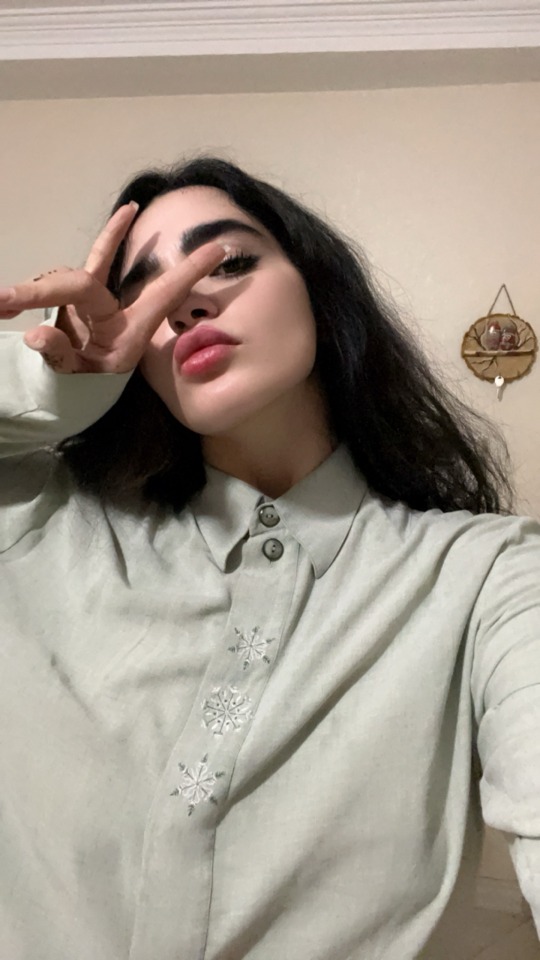
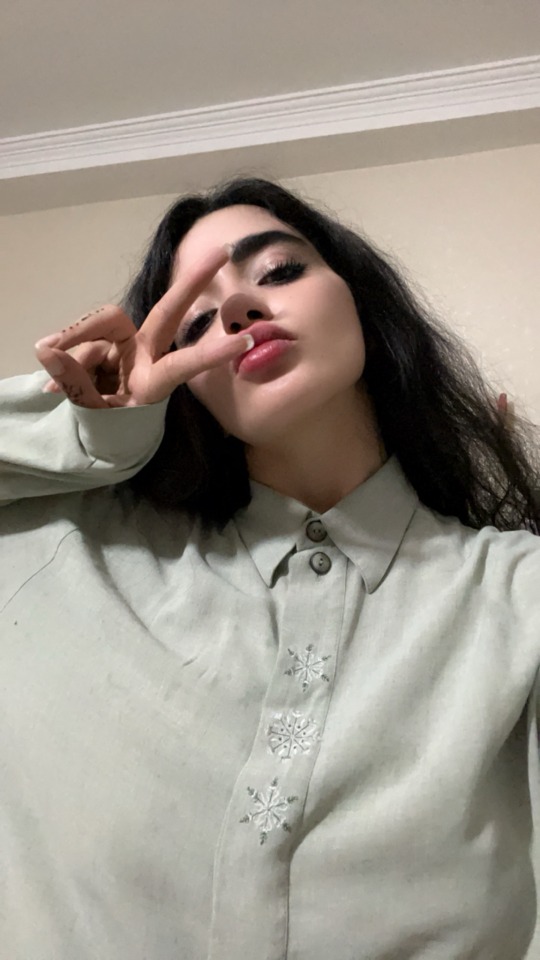
#its me <3#its meeee#its me hi#it girl#it me#its me im girls#persian girls style#street style#style#outfit#hijab girl#hijab#green#laurel hell#coffee#lauren greenfield#black tea#sage#im just a girl#hairstyle#long hair#black long hair#long black hair
5 notes
·
View notes
Text





[original drawing date: 9th Feb, 3rd Oct, 4th Oct 2022]
A trio of characters of mine. Included the various quick concept sketches I drew of them, as well as a quick family tree.
#my art#commodoresigma#original#original character#oc#cynthia dresden#lauren greenfield#jeanne dresden#personal favourite
4 notes
·
View notes
Text

Tyra Banks by Lauren Greenfield
Elle Magazine June 2003
via evilrashida
5 notes
·
View notes
Text

Lauren Greenfield The Damas (Maids of Honor) go from the Church to the Reception in a Ford Explorer limousine at Ruby's Quinceanera, Huntington Park, California, from the series "Girl Culture", 2001. Silver dye-bleach print.
17 notes
·
View notes
Text
Idk how this will layout... anyway. The bottom two photos from Lauren Greenfield of Tyra Banks for Elle Magazine (2003) reminded me of the top two photos from Cheyco Leidmann's Silicon (1980). I love heavy saturation and the feeling of heat or sweat or a good time that can come from a photo.

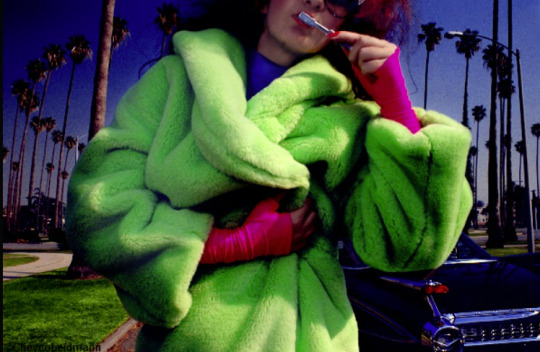


Yapping to yap but today makes me want to research on more shit. Find more artists to connect it all to. Hmmm just gotta do the do i guess.
5 notes
·
View notes
Text
The Queen of Versailles (2012)
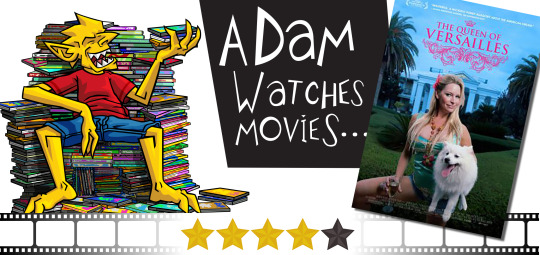
Documentarian Lauren Greenfield hit the jackpot with The Queen of Versailles. There’s no way she could’ve foreseen what this story would turn into when she sat down to interview Jackie and David A. Siegel. It’s a compassionate look at people who fall upon hard times, a riot as you watch the wealthy get knocked down a peg, a sharp piece of social criticism, a microcosm of the damage done by the 2008 housing market crisis and a look at someone who "did it!" and achieved the ultimate American Dream. It's so many things wrapped up into one you’ll want to hit “play” again as soon as it ends to compare what you now know to what you saw in the beginning.
David Siegel is the wealthy owner of Westgate Resorts, a timeshare company in Florida. His wife Jackie Siegel - former winner of Mrs. Florida in 1993 - is thirty years his junior. They live in a luxurious home with their 8 children, servants and many pets. In 2004, Jackie and David began constructing a new home for their family: a luxurious residence inspired by the Palace of Versailles in France. It was set to be one of the largest single-family detached homes in the United States, until…
What a roller coaster of a documentary this is. As the movie begins, you look at the Siegels with disdain. She gave birth to seven children (the 8th they inherited from her cousin, who passed away)? He’s married to a former Mrs. Florida winner? They’ve begun construction on a new home because the one they currently own “isn’t big enough”? What is the matter with these people? This is likely the attitude with which Greenfield approached the family but she didn’t let on, possibly because she - like us - was taken by Jackie’s very human story. When you get past the extravagance and gaudiness that’s on the surface, the life the Siegels lead seems idyllic, even inspiring - and not just because of their enormous wealth.
But then, things go sour for them. You can't help but smirk as just about everything goes wrong. It’s this continuous escalation of lunacy. Maybe your first impression wasn’t so off after all. We know Jackie is an intelligent woman but somehow, her husband's money has atrophied her brain. She says these things, she does these things that make you slap your forehead in frustration. How could anyone not see what’s going on here? As David’s enterprise sinks, you keep wondering what miracle will pull them out of this downward spiral they’ve found themselves in. The crazy thing is that this tumultuous period you're witnessing makes you see just how much the couple have in common and what makes them a perfect pair. If you palette-swapped the luxurious backgrounds of their home for a run-down apartment and did a quick find-replace with key words in their dialogue, you’d see these super-rich are no different from yourself. Maybe that’s why they seem so human. You get to see them warts and all and understand that deep down, no one is truly capable of surviving under extreme poverty or extreme wealth without becoming a little mentally compromised.
The second The Queen of Versailles wraps up, you’ll begin researching what came next. It's like a bad soap opera with all sorts of loony turns and garish characters. You know it’s a little unhealthy for you to stay invested but you don’t care. It's not that you want to know what happened next, it's that's you NEED to know. It’s too wild to simply watch it once and then move on. (On Blu-ray, March 19, 2020)
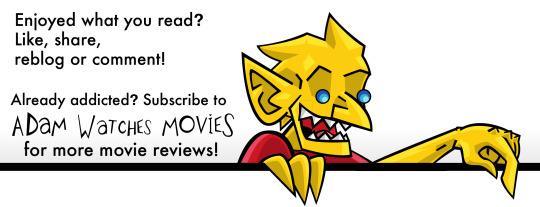
#The Queen of Versailles#movies#films#movie reviews#film reviews#Lauren Greenfield#Jackie Siegel#David A. Siegel#2012 movies#2012 films#documentaries
2 notes
·
View notes
Text

Manner Vogue May 1997 photos Timothy Greenfield-Sanders fashion editor Fabrizio Sclavi
#manner vogue#timothy greenfield sanders#fabrizio sclavi#malo#iceberg jeans#1997#90s#polo ralph lauren
21 notes
·
View notes
Text
Twenty years ago, MySpace and Facebook ushered in an inspired age of social media. Today, the sticky parables of online life are inescapable: Connection is a convenience as much as it is a curse. A lot’s changed since those early years. In June, the US surgeon general, Vivek H. Murthy, called for a warning label on social platforms that have played a part in the mental health crisis among young people, of which “social media has emerged as an important contributor.” Social Studies, the new FX docuseries from documentarian Lauren Greenfield, bring the unsettling effects of that crisis into startling view.
The thesis was simple. Greenfield set out to catalog the first generation for which social media was an omnipresent, preordained reality. From August 2021 to the summer of 2022, she embedded with a group of teens at several Los Angeles–area high schools for the entire school year (the majority of the students attend Palisades Charter), as they obsessed over crushes, applied to college, attended prom, and pursued their passions.
“It was an unusual documentary for me,” Greenfield, a veteran filmmaker of cultural surveys like The Queen of Versailles and Generation Wealth, says of how the series came together. “The kids were co-investigators on this journey.” Along with the 1,200 hours of principal photography Greenfield and her team captured, students were also asked to save screen recordings of their daily phone usage, which amounted to another 2,000 hours of footage. Stitched together, the documentary illuminates the tangled and unrelenting experiences of teens as they deal with body dysmorphia, bullying, social acceptance, and suicidal ideation. “That’s the part that is the most groundbreaking of this project, because we haven’t really seen that before.”
The depth of the five-episode series benefits from Greenfield’s encyclopedic approach. The result is perhaps the most accurate and comprehensive portrait of Gen Z’s relationship to social media. With the release of the final episode this week (you can stream it on Hulu), I spoke with Greenfield over Zoom about the sometimes cruel, seemingly infinite experience of being a teenager online today.
JASON PARHAM: In one episode, a student says, “I think you can’t log in to TikTok and be safe.” Having spent the previous three years fully immersed in this world, I’m curious if you think social media is bad?
LAUREN GREENFIELD: I don't think it's a binary question. I really went into this as a social experiment. This is the first generation that has never grown up without it. So even though social media has been around for a while, they are the first generation of digital natives. I thought it was the right time to look at how it was impacting childhood. It’s the biggest cultural influence of this generation’s growing up, bigger than parents, peers, or school, especially coming out of Covid, which was when we started filming. You know, I didn't go into filming with a point of view or an activist agenda, but I certainly was moved by what the teenagers said to me and what they showed in their lives, which is that it's a pretty dire situation.
Without a doubt.
Jonathan, in episode five, says it's a lifeline, but it's also a loaded gun. So I don't think it's about whether there are good things in it and bad things. We see both in the show, but we also would not let our kids be around a loaded gun. So I do think that we need to change the engineering of it so that we can keep the good and not have the bad.
I entered high school in 2000, before the social media boom, and I always joke with friends how I probably would not have survived if we had it the way kids do now.
The genie is out of the bottle. But there is regulation now to get rid of it in schools, which I think is great. We also see the problem of distraction in the show. And we see the need of this generation for person-to-person connection, which they don't have enough of. We've also seen how for people like Nina, LGBTQ+, even some of the social justice reactions that happen in the series, it has a use. It also is a means of creativity and entrepreneurship. And we see that with our characters too.
But there are also just things that make life extremely toxic for teenagers—the 24/7 comparison culture, the algorithm bringing them down harmful paths of learning. What some of the new information coming out of TikTok’s internal research shows us is that these apps are engineered and they can be engineered differently.
Have you seen the Jim Henson movie? It’s called Idea Man.
No, I haven’t.
One thing that really moved me that I thought was relevant to social media and thinking about the good and bad of it, is that Joan Ganz Cooney—the TV producer who started Sesame Street—had this idea of bringing in people who know what kids love, which was Jim Henson and the creatures, with people who know what kids need to learn and what they need. It’s that second piece that has never been relevant to tech designers and engineers who have only been designing for maximum engagement, even if it's at the expense of the health and well-being of young people. We have a mental health crisis on our hands because of it. Technology is important and important for so many reasons, but I think we have an untenable situation with the current engineering of social media.
So you’re saying we need even more guardrails?
Now having filmed the show—and I hope people get it—we have to have empathy for these teenagers. Like, it's not fair to ask them to self-regulate when the apps have been designed to be addictive.
How did you land on Los Angeles as the petri dish for this social experiment?
I've been looking at youth culture for 30 years. My first book, Fast Forward: Growing Up in the Shadow of Hollywood explored how kids were influenced by the values of fame, image, and materialism. Those themes are also really relevant in the social media age. Fame is something that is not for celebrities anymore, it's for every kid looking for likes. And likes have become a rite of passage, in terms of popularity. Image making, FaceTune, Photoshop, styling, curating your brand—all of these things that used to be the realm of celebrities are now the realm of everyday children. And a lot of times in my work, I'm trying to document the air we breathe, the popular culture that's all around us. Sometimes it's hard to see. So for me, with LA, I wanted to look at where that was the most pure and strong, rather than where it was average.
The point of view shifts between students and parents. Ivy’s mom in particular has very sharp views about trans people, vaccines, and politics. Why also include their voices in a series so acutely focused on teen life?
When I started, I didn't know I was going to include the adults, but they ended up being so important. There are a lot of loving, caring parents in the show who have no idea what's going on in the social media lives of their kids. I didn't know a lot as a parent either. I think that the show is very entertaining for teenagers, twentysomethings, and thirtysomethings. For parents, it's more of an education and I hear more of them being shocked by it. It was important to see the disconnect between this generation and their parents, how much things have changed, and how much parents don't realize what's going on.
Many of the kids started taking action into their own hands.
One of the most important things I came out of this with is, parents, teachers, and administrators are not addressing the problems. They might not even understand the problems. So we get this world of young people helping each other. We have Jonathan, Cooper, and Dominic all working at a crisis hotline doing peer counseling for kids in distress. We have Anthony who becomes a vigilante because he's so frustrated that nobody's doing anything about the racist incidents and sexual assault that he’s seeing. And we have kids also making media, like Cooper having a podcast about body image. That stuff is sprouting up because they're very alone in this.
Why do you think there is such a disconnect?
They’re just from a different generation. My youngest, who is 20, I remember I would ask to see stuff. And this was in the earlier stages of social media. You know, I kind of demanded that he would show me. But he refused. He had a different view of everything. He felt it was his private space. We need to move off that and open up a dialog. This show, it's really meant more to open dialog rather than have solutions, even though the kids give us some solutions. But the parents are an important part of the equation.
Like Ivy’s family?
Ivy's family story was a really important social media story. It's kind of the story of the division that we're seeing in our culture now—how algorithms and silos take us into these different ways of thinking and split us apart, how they make the other the enemy. We’re seeing how terrible the disinformation problem is, how tragically it could affect all of us in this election. Their story came about very unexpectedly. But I thought it was fascinating, and getting to know all the members of that family, you can see how both parents love their kids, how both kids love their parents. I didn't want to vilify anybody. But we also see how tragic it is when ideas and algorithmic silos divide family members.
Watching the series made me wonder if these kids are doomed, in a sense, because they are so beholden to platforms like TikTok and Snap. It’s all they know. Is this a tragic story?
No, I don't think so. The hope we see in episode five and their resilience is a testament to the resilience of this generation and the way they can help us carve a path forward. If anything, the adults have been a little bit irresponsible and kind of unknowing. The tech companies have been downright irresponsible. Safeguards like we have in all other media have been missing. Not to point fingers, this is a medium that has come up very quickly—
Please point fingers.
Look, it's relatively new what we're learning. In episode five, Sydney says, “Once we knew the harm of cigarettes with lung cancer, there was change made, there was regulation. And now we know there's a connection between social media, mental health, eating disorders, and suicidal ideation.” So once this knowledge is here, we have to act. To me it's very hopeful, and I know at the end the kids are like, “What do we do? We can't live without it.” But understanding that there are actually a lot of things that can be done, between regulation, between asking tech companies to change the algorithm, and also legally if they were responsible for their publishing, like every other publisher, we might be in a different space.
143 notes
·
View notes







